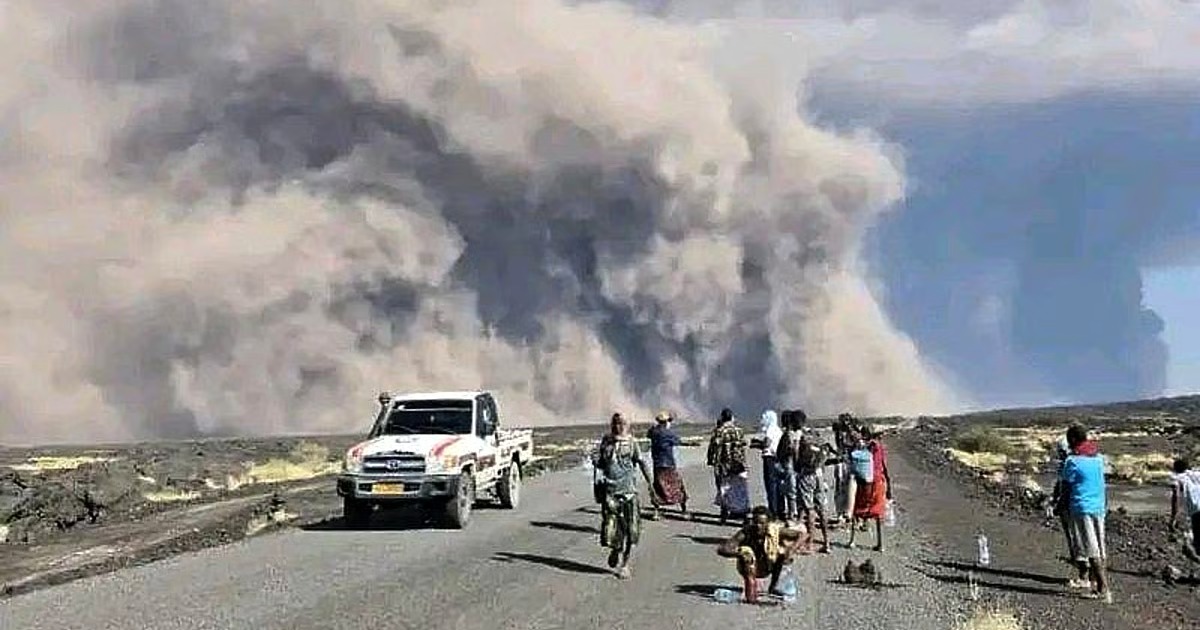The first eruption of Ethiopia’s Hayli Gubbi volcano in nearly 12,000 years sent giant ash plumes across the Red Sea, reaching Indian airspace. Due to the hazardous volcanic ash drifting over regions including Delhi-NCR and northwest India, Air India, IndiGo, Akasa Air, and KLM suspended or cancelled flights to Middle East and European destinations, following stringent safety advisories by India’s Directorate General of Civil Aviation (DGCA).
On November 24, Ethiopia's Hayli Gubbi volcano erupted, unleashing a massive ash plume reaching up to 15 kilometers into the atmosphere. Winds at 100-120 km/h carried the ash clouds over the Arabian Sea and into India's northwestern skies, affecting airspace above Gujarat, Rajasthan, Delhi NCR, Haryana, Punjab, and further into the Himalayan belt. This ash presence significantly reduced visibility and increased aviation risks.
Key highlights:
DGCA issued an advisory urging airlines to avoid ash-affected airspace and adjust flight routes.
Air India, IndiGo, Akasa Air, and KLM cancelled and diverted several flights, focusing on routes to the Middle East and Europe.
Some flights were rerouted to avoid affected zones; engine and safety checks intensified.
Significant cancellations included Akasa Air’s flights to Jeddah, Kuwait, and Abu Dhabi for November 24-25.
Volcanic ash clouds pose serious threats: engine damage, visibility reduction, and risks to passenger safety.
Indian airports monitored runways and air quality; operations continued under heightened safety protocols.
Meteorological and aviation authorities continuously track ash plume movement to manage air traffic.
This eruption’s impact has caused considerable disruption to scheduled air traffic, with aviation bodies prioritizing safety and updating advisories as the situation evolves.
Sources: India Today, Times of India, NDTV, Business Today, DGCA
